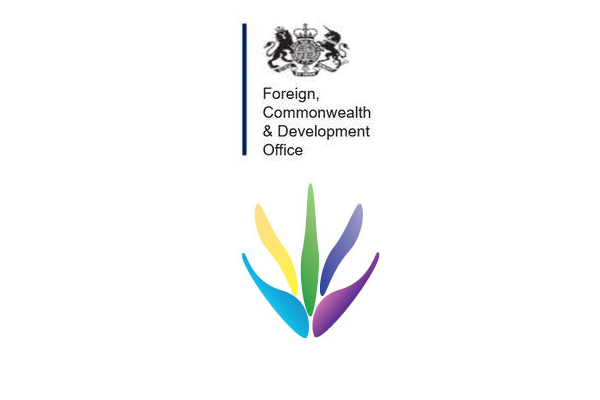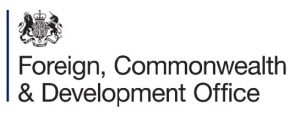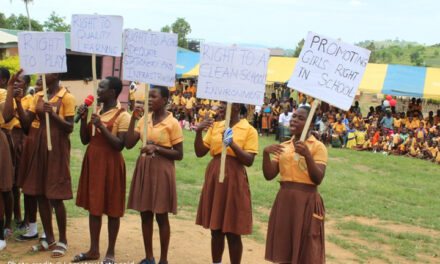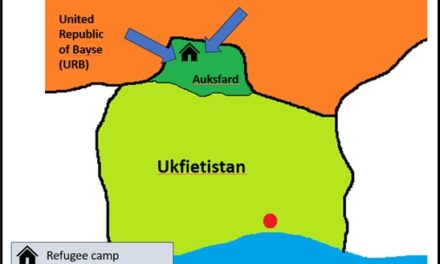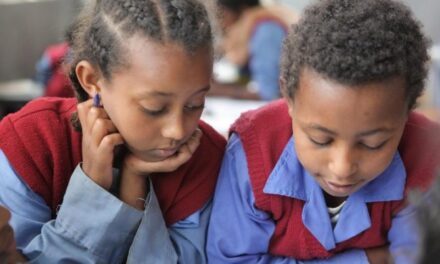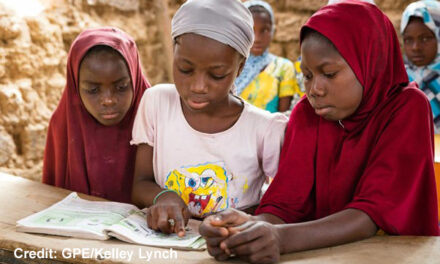|
29 May 2025
The Rt Hon Baroness Chapman of Darlington
Minister of State (International Development, Latin America and Caribbean)
Foreign, Commonwealth and Development Office
Dear Lady Chapman
We write as the leaders of the UK Forum for International Education and Training (UKFIET), which brings together the UK’s professional expertise in international education and development. UKFIET’s membership comprises over 40 UK organisations from the public, voluntary, commercial and non-commercial sectors working to improve education in the majority of the world’s low- and middle-income countries.
We wish to express our serious concern over the future of FCDO Education. The UK’s global standing, moral leadership, and long-term interests are at risk from the proposed cuts to education within the UK aid programme. The UK has an established and enviable global reputation in education and development, leading the case for education for girls, learners with disabilities, and others historically excluded from education. Slashing the education component of UK aid risks squandering the legacy of multiple UK aid programmes such as the Girls’ Education Challenge with its well evidenced benefits to marginalised girls, their families and communities in areas of conflict and high fragility. The cuts will damage the UK’s reputation globally.
The provision of high-quality education for all children, young people and adults—and the generation of evidence on how best to deliver it effectively, equitably, and efficiently—is critical to achieving all the Sustainable Development Goals. UK Aid has helped to build a compelling bank of evidence that demonstrates that quality education reduces inequalities, breaks cycles of poverty, improves health including infant mortality, and supports climate action and environment sustainability. Education is key to promoting sustainable peace across the globe. It creates opportunities for young people to thrive and succeed in their own countries thereby reducing migration, conflict and radicalisation. This impacts directly on the UK taxpayer and their security in multiple ways.
The cuts to US Government global development funding, combined with ODA cuts by other countries, makes it even more imperative that the UK sustains its leadership and investment in education programmes and research through its own bi-lateral programmes, through international scholarships, and through contributions to global bodies. Scholarships have long been the most effective tools of UK soft power: building deep, enduring ties with future leaders and professionals globally.
We urge the UK Government to reconsider current plans and maintain FCDO Education. Stepping back from supporting education through UKAid would be shortsighted and cause irreparable harm in the long run. Making savings at the expense of children, including those in the UK, contradicts the UK’s commitments to a more socially just and equitable world.
We stand ready to work with the Government to support an evidence-informed approach to education within UK development policy: one that reflects the UK’s values and global responsibility.
Yours sincerely
Professor Freda Wolfenden (Chair, UKFIET Trustees)
Professor Leon Tikly (Vice-chair, UKFIET Trustees)
Dr Maia Chankseliani (Chair, UKFIET Executive Committee)
Purna Shrestha (Vice-chair, UKFIET Executive Committee)
On behalf of UKFIET Trustees and Executive Committee
|

